TEHRAN(Bazaar) – A professor of political science at the University of Cambridge says the idea of efficiency does not apply clearly and unambiguously to political systems, since there are other goals for any political system besides the capacity of its leaders to compel their citizens (or subjects) to obey their orders.
In an interview with Bazaar, John Dunn adds the Chinese state is far more efficient at compelling its citizens to obey its orders than in inducing them to tell it the truth about what is happening in their vicinity.
Following is the full text of the interview:
Bazaar: Simultaneously with the outbreak of the Coronavirus and China's good performance in controlling the virus, some stated that China's performance was due to the type of political system in which it was able to make centralized and rapid decisions. Some argue that China's performance in curbing Corona has nothing to do with the nature of its political system and that efficiency has little to do with its political system. What is your assessment?
Dunn: China's success in controlling the virus, once it acknowledged its presence in Wuhan, has certainly been to quite a large degree a consequence of its political organization. Its initial tardiness in acknowledging the presence of the virus in Wuhan was also a consequence of its political organization and the serious impediments to open and honest communication within that organization. (There are of course such impediments in all political systems, but the repressiveness of the Chinese political order makes them especially important in its case.) Once the top leadership of the Communist Party decides to do so the Chinese state can act very fast and with little fear of open internal obstruction.
The idea of efficiency does not apply clearly and unambiguously to political systems, since there are other goals for any political system besides the capacity of its leaders to compel their citizens (or subjects) to obey their orders. The Chinese state is far more efficient at compelling its citizens to obey its orders than in inducing them to tell it the truth about what is happening in their vicinity. This has serious disadvantages as well as disadvantages in handling novel epidemic diseases, as was shown both by SARS and by the initial response to Covid19.
Bazaar: China is currently emphasizing the Westphalian order, in which interference in the affairs of other countries is not permissible. In contrast, the United States emphasizes a liberal order in which individual freedoms are important in the political system. What are the implications of these two orders for the international economy?
Dunn: The United States is no keener than the People's Republic of China for any other state to interfere in its affairs. The idea of human rights as a principle of international order is far more recent than 1648, but the United States is just as reluctant as the PRC to have it applied within its own territories or to its own citizens by any foreign entity. It refuses, for example, to recognize the jurisdiction of the International Criminal Court. Most states are open to some degree of criticism in how fully they recognize the human rights of all their own citizens, and powerful states are often less than adequate in the degree to which they recognize the human rights of at least some citizens of some other states.
I don't believe that what at present threatens the scale and relative openness of the global economy is primarily disagreements about interpretations of the scope of human rights or variations in how far these are observed or violated in practice. There are deep conflicts and often quite opaque of interest in determining the basis on which international trade is conducted and increasingly over how far intellectual property rights are or are not observed.
Both the USA and the PRC are unmistakably great powers and each is changing fast. How well their respective political leaderships understand the interests of their citizens and judge how best to secure these is, unfortunately, quite volatile (as the succession of Trump by Biden, and the very distinctive leadership of China's present President make all too clear).
Bazaar: How has China been able to succeed in economic development without paying attention to political development? In other words, how has China been able to achieve economic efficiency while not making progress in political development?
Dunn: I don't think it is true that China has played no attention to political development since the CCP took power in 1949. It has built a highly organized and formidably effective state structure with a tighter coercive grip on its citizens than any other state in the world. The balance of benefit and suffering which has come out of this naturally varies drastically between regions and classes inside the territorial perimeter which it currently controls and is tightest of all where the ruling Party faces serious political hostility. It rejects, often quite explicitly, any element of accountability of its rulers to those whom they rule. This structure clearly impedes economic efficiency in many ways but it has also, after all, enabled it since 1979 to transform many aspects of its vast population on balance for the better faster than any other state in the previous history of the world. You could say that it has achieved this outcome fundamentally, since 1979, by abandoning moral incentives in favour of material incentives on a vast scale and protecting the extreme distributive arbitrariness within this process whenever this proved necessary by augmenting its level of repression of the recalcitrant.
Bazaar: Will the United States be able to contain China economically?
Dunn: I'm not sure that the idea of economic containment makes clear sense but insofar as it does it would have to mean blockading the PRC and cutting off all its trade routes, and since, as its present President has insistently pointed out, many of these are on land rather than water or in the air, I don't think this would have been possible even if the naval and military power of the United States were far greater and that of China far weaker. As it is, any idea of that kind is merely comical. Blockades work very poorly even when used on a state which is far weaker and much closer to autarky like North Korea. They have inflicted a lot of misery on its population, but you could after all scarcely say that they have proved very effective against Iran.
The containment policy of the US in the Cold War with the Soviet Union was essentially military, diplomatic and ideological. It was made possible not just because of the relative economic power of the United States but also by the fact that the United States economy did not depend in any way on that of the USSR (any more than the Soviet economy depended on that of the United States). This is very far indeed from how things are now for the US and China. It would be crazy for the United States to cease trading with China or for China to do the same in reverse. What both of them are now attempting is to render themselves less vulnerable to the degree on which they depend for their prosperity and security on the other. Since they need between them to stop the globe heating up catastrophically and so alarmingly fast both need to be very careful in how they set about doing this.

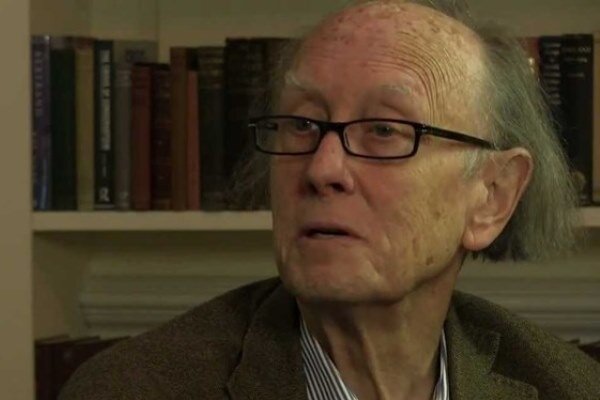









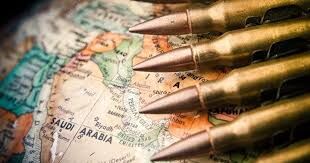
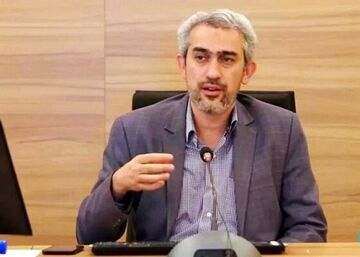
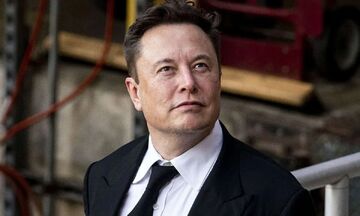

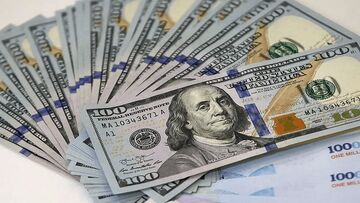
نظر شما